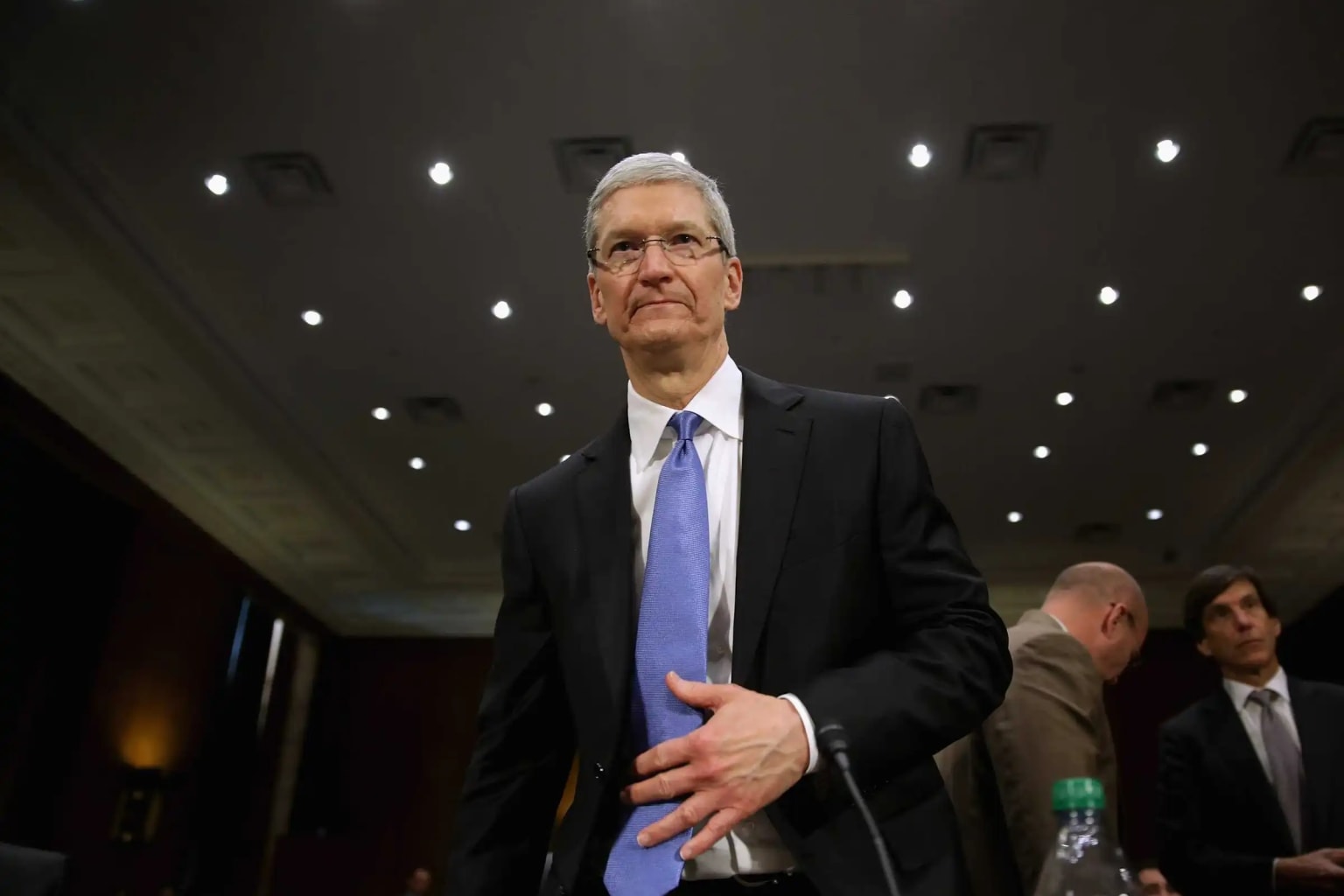U.S. Department of Justice Sues Apple for Monopolizing Smartphone Markets
Published on

In a landmark antitrust lawsuit filed on Thursday, the United States Department of Justice, along with 16 states and the District of Columbia, accused Apple Inc. of maintaining an illegal monopoly in the smartphone market. The lawsuit, filed in the U.S. District Court for the District of New Jersey, targets Apple's control over iOS app distribution, its 30% commission on most sales through its App Store, and its practices that allegedly hinder rival payment solutions, messaging apps, smartwatches, and digital wallets.
The DOJ's complaint seeks three specific remedies: a court order to prevent Apple from using its App Store to block innovative new apps, to block Apple-imposed restrictions on other technologies integrating with the iPhone, and to prevent Apple from using its contractual terms to maintain its alleged monopoly. While the complaint does not explicitly call for a breakup of Apple, it does not rule out the possibility and asks for "relief as needed to cure any competitive harm."
Article Summary
The U.S. Department of Justice, joined by 16 states and the District of Columbia, has filed a significant antitrust lawsuit against Apple, accusing the tech giant of maintaining an illegal monopoly in the smartphone market. The lawsuit targets Apple's control over iOS app distribution, its 30% commission on most App Store sales, and its practices that allegedly hinder rival technologies. The DOJ seeks remedies to prevent Apple from using its App Store and contractual terms to maintain its alleged monopoly, with the possibility of a breakup not ruled out. Apple has responded by defending its business practices, stating that the lawsuit threatens its ability to create integrated technology and could set a dangerous precedent.
Apple's Response and the Broader Crackdown on Big Tech
Apple has swiftly responded to the lawsuit, defending its business practices. In a statement, the company said that the lawsuit is "wrong on the facts and the law" and that it would "vigorously defend against it." Apple argues that the lawsuit threatens its ability to create integrated technology that consumers expect and could set a dangerous precedent by empowering government intervention in technology design.
This lawsuit is part of a broader crackdown on Big Tech by the U.S. government, which has also taken legal action against other tech giants like Google, Meta Platforms, and Amazon.com. The case against Apple has been years in the making, with the DOJ's investigation into the company first reported in June 2019. The lawsuit follows previous antitrust probes and orders against Apple in Europe, Japan, and Korea, as well as lawsuits from corporate rivals such as Epic Games.
The Significance of the Lawsuit
The U.S. government's lawsuit against Apple is a significant development in the ongoing scrutiny of Big Tech companies and their alleged anticompetitive practices. The case is likely to be closely watched, as it could have far-reaching implications for Apple's business model and the smartphone industry as a whole.
If successful, the lawsuit could force Apple to make significant changes to its App Store policies and open up its ecosystem to greater competition from rival technologies. This could potentially lead to lower prices for consumers, more innovation in the app market, and a more level playing field for smaller developers and competitors.
However, the case is also likely to be fiercely contested by Apple, which has a strong track record of defending its business practices and has previously prevailed in antitrust lawsuits brought by corporate rivals such as Epic Games. The company's argument that the lawsuit threatens its ability to create integrated technology and could set a dangerous precedent for government intervention in technology design is likely to be a key part of its defense.
The Road Ahead
The DOJ's lawsuit against Apple is just the beginning of what is likely to be a lengthy legal battle. The case is expected to take years to play out, with both sides likely to present extensive evidence and arguments in support of their positions.
In the meantime, the lawsuit is likely to generate significant attention and debate within the tech industry and beyond. It could also spur further regulatory action against Apple and other Big Tech companies, both in the U.S. and around the world.
Ultimately, the outcome of the case could have significant implications for the future of the smartphone industry and the role of Big Tech companies in the digital economy. As the legal battle unfolds, it will be closely watched by consumers, developers, and industry observers alike.
Conclusion
The U.S. Department of Justice's antitrust lawsuit against Apple is a landmark case that could have far-reaching implications for the tech giant and the smartphone industry as a whole. The lawsuit accuses Apple of maintaining an illegal monopoly in the smartphone market through its control over iOS app distribution, its 30% commission on most App Store sales, and its practices that allegedly hinder rival technologies.
While Apple has vowed to vigorously defend against the lawsuit, arguing that it threatens its ability to create integrated technology and could set a dangerous precedent, the case is likely to be closely watched and fiercely contested. If successful, the lawsuit could force significant changes to Apple's business model and open up its ecosystem to greater competition, potentially leading to lower prices for consumers and more innovation in the app market.
As the legal battle unfolds, it will be important to monitor developments closely and consider the potential implications for the tech industry and the digital economy as a whole. Regardless of the outcome, the DOJ's lawsuit against Apple is sure to be a defining moment in the ongoing debate over the power and influence of Big Tech companies in the modern world.
